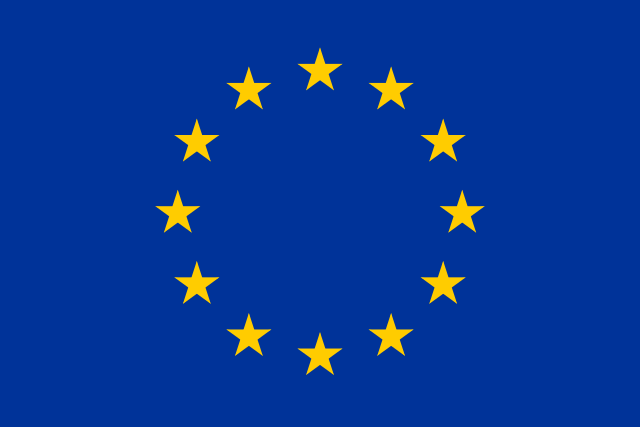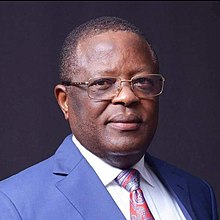By David Adeoye
Prof. Abdullahi Mustapha, Director-General of the National Biotechnology Development Agency (NABDA), says the agency is committed to making Nigeria self-sufficient in dairy production.
Mustapha said this at the opening ceremony of a two-day Strategic Interest Research Group Meeting on Livestock Genetic Improvement (SIRGM 4.0) on Thursday in Ibadan.
He said the meeting was to bring stakeholders together and avail them the opportunity to cross-fertilise ideas and proffer solutions to identified challenges.
The News Agency of Nigeria (NAN) reports that the theme of the conference is “Accelerating Genetic Improvement for Advances in Livestock Agriculture”.
The meeting is being organised by NABDA and the Centre for Genomics Research and Innovation, in collaboration with strategic partners and stakeholders.
Mustapha noted that Nigeria does not need to import dairy products because it has more than enough cattle.
“It also has the capacity to feed them and the scientists that can transform these cattle to produce more than what it is producing at the moment.”
He pointed out that each Nigerian cattle was producing less than two litres of milk per day at this moment, “which is not something that is supposed to be.
“So, we now aim to produce 10 to 15 litres per day.
“Already, we have started working towards transforming Nigerian cattle by using the technique that is going to sequence the cattle breeders that we have got.
“We have commenced the insemination of Nigerian cattle and the semen of a variety of the Brazilian cattle.
“This is being done with the aim of transforming these cattle into productive ones that will be producing much milk instead of the less than two litres milk production per cattle,” Mustapha said.
He gave instances of many countries across the globe which had transformed their cattle into high-yielding qualitative and quantitative milk.
The NABDA director-general said countries such as Brazil were now producing more of the quantitative and qualitative milk at the same time, saying the development was good for these countries.
He declared that the agency had taken steps to take the lead in Africa to be sure that “we are producing something that Nigerians will appreciate.”
Mustapha also maintained that the country needed to improve her dairy production for economic value.
“Nigeria’s population is more than 200 million and the nation is getting less than 10 per cent of what it needs locally.
“Let’s remember that Nigeria is a big market that also extends to other west African countries, even across Central Africa.
“So, if we get it right, we are going to get a lot of markets for the products and a lot of income for the country.
“Invariably, we are going to sell not less than 1.5 billion dollars worth of what Nigeria spends on importation of dairy products yearly,” he said.
The director-general added that with President Bola Tinubu recently declaring a state of emergency in the agriculture sector, all stakeholders need to work hard.
”They need to see to it that they meet up with the commitment of the Federal Government.”
Also, Prof. Nash Oyekanmi, the Director, Genomics and Bioinformatics Department, NABDA, disclosed that while 21 farms had been registered with the agency, it had also inseminated more than 600 cows.
Oyekanmi said the first offsprings of the insemination (F1) from the cross-breeding of Nigerian cattle with a variety of Brazilian cattle were on ground already.
“We are going to do genomic analysis of the F1 to see what they have taken from the two parents, so that we can predict the potential of these cows for milk production,” he said.
Oyekanmi expressed the optimism that Nigeria would be self-sufficient in dairy production in no distant future because of the agency’s ongoing concerted efforts in collaboration with strategic partners and stakeholders.(NAN)




